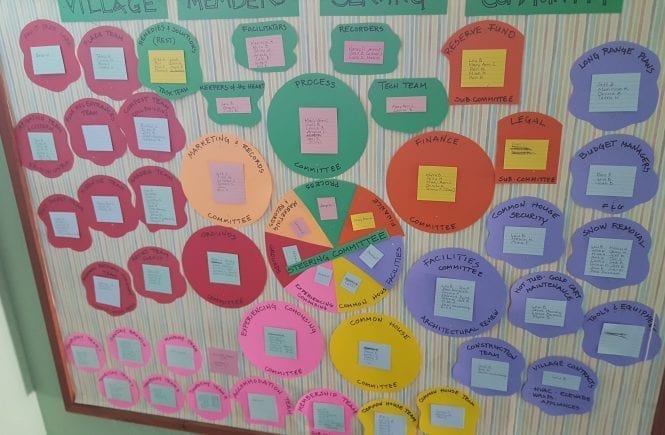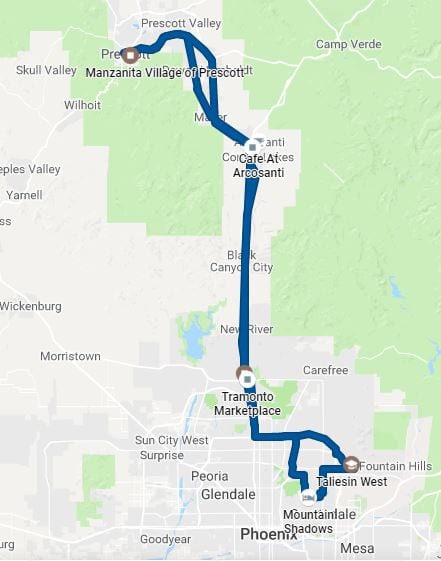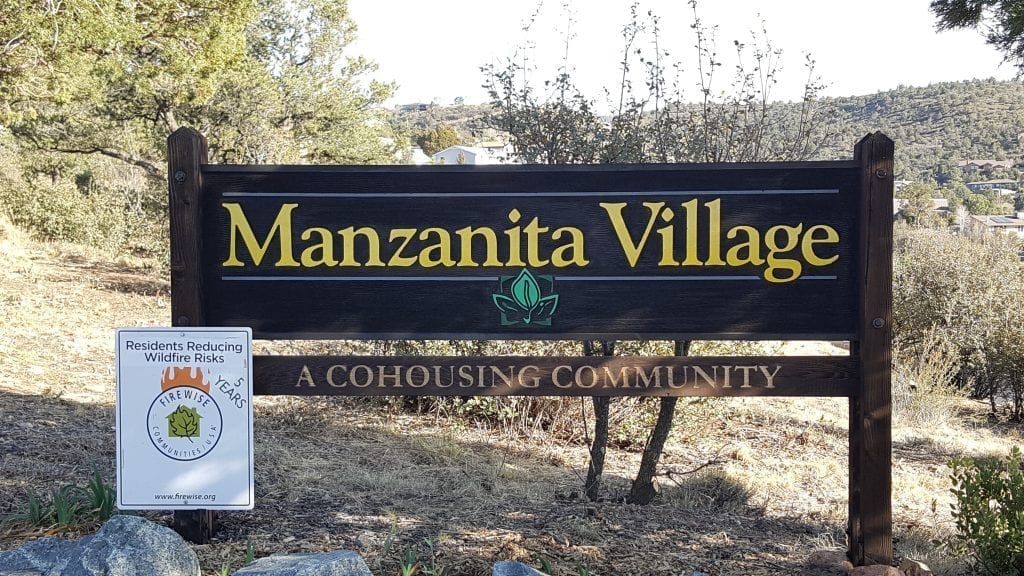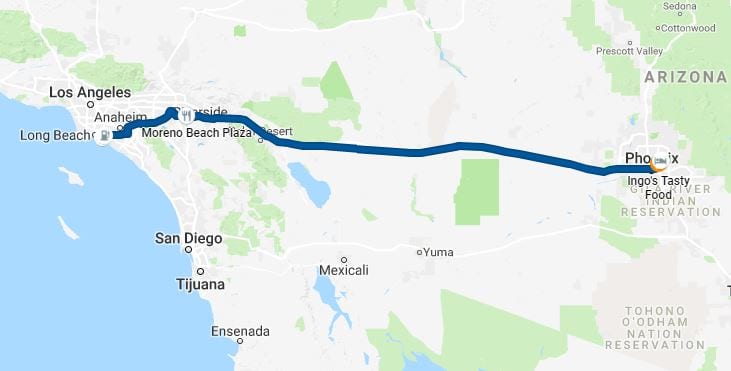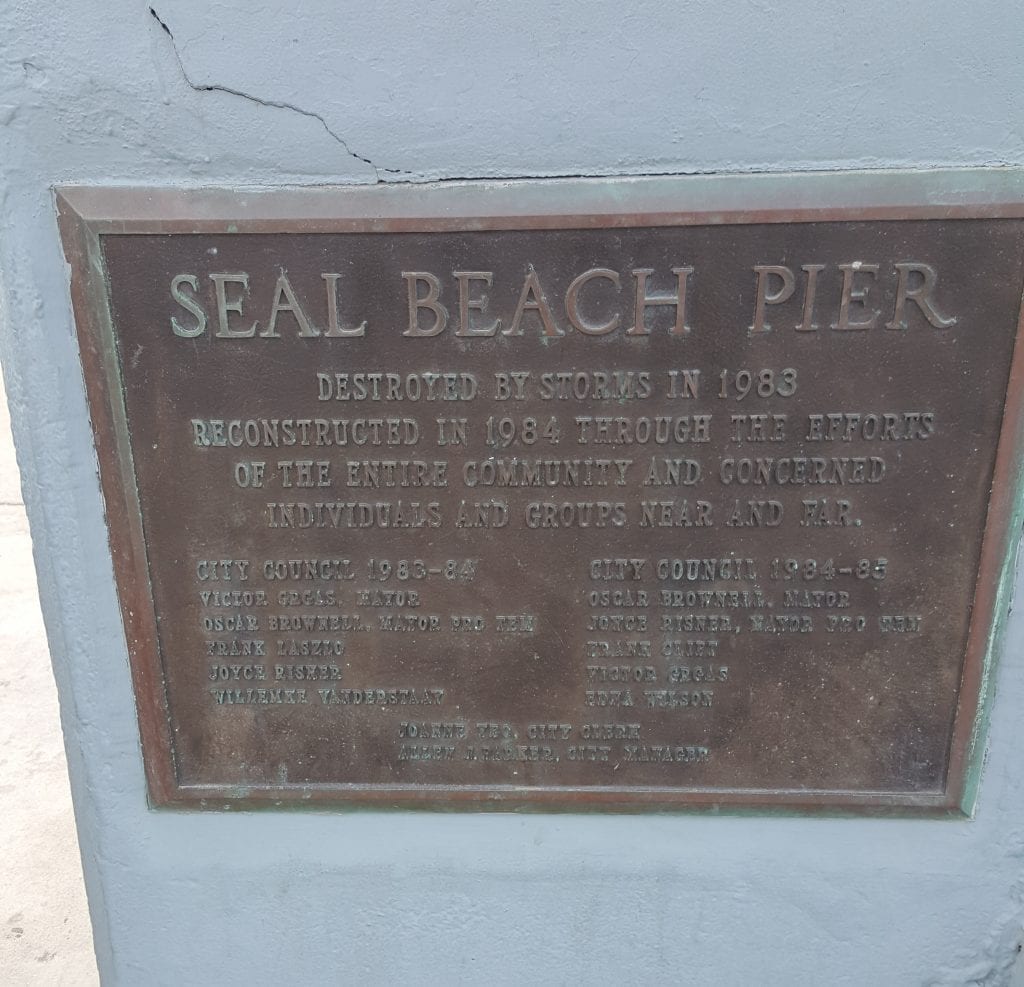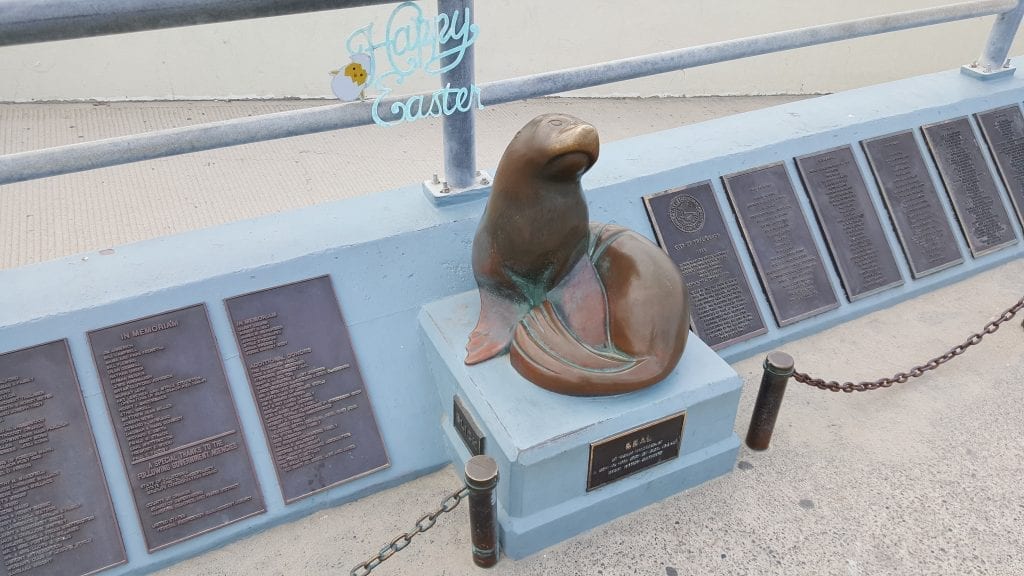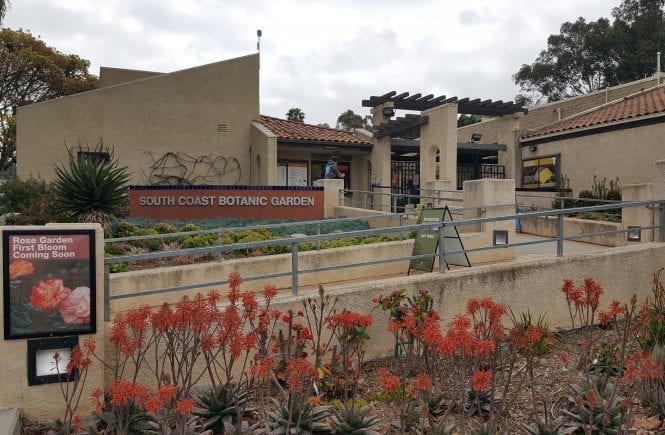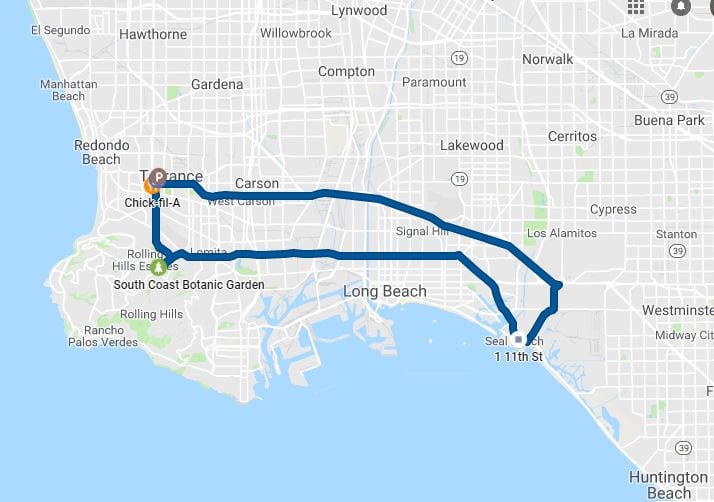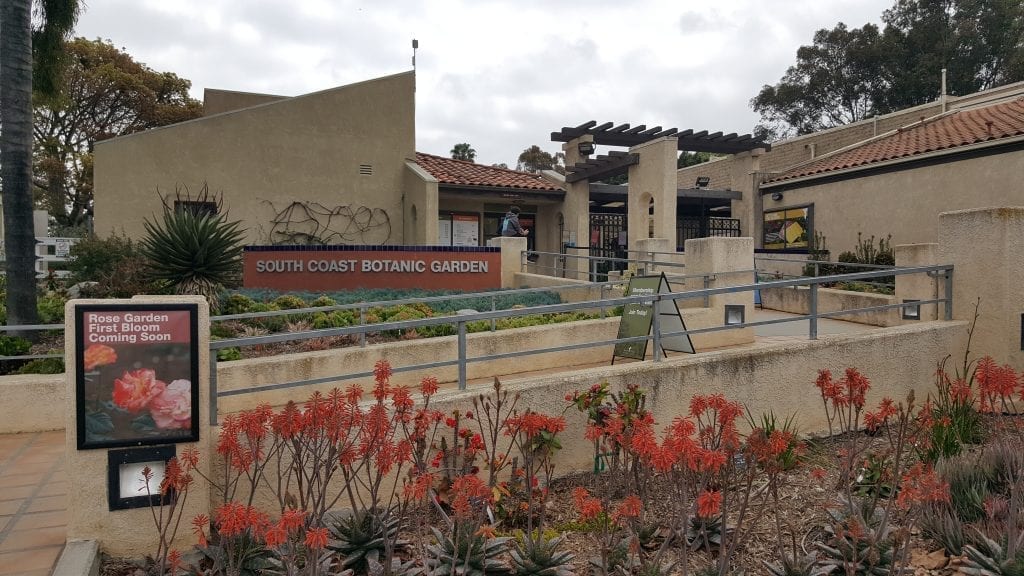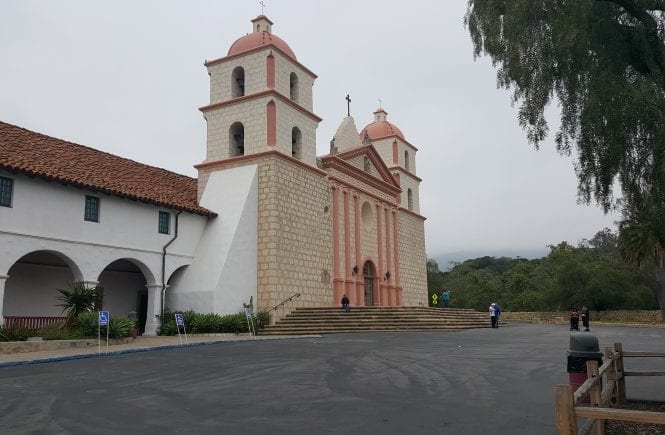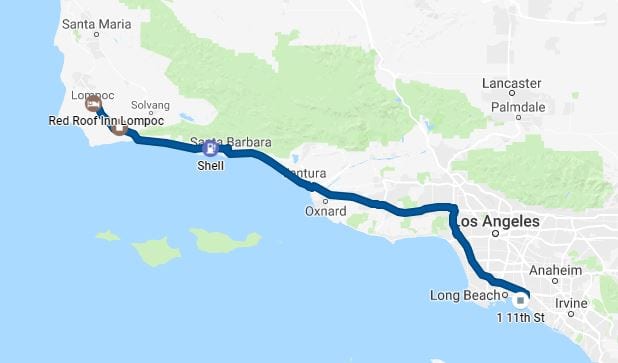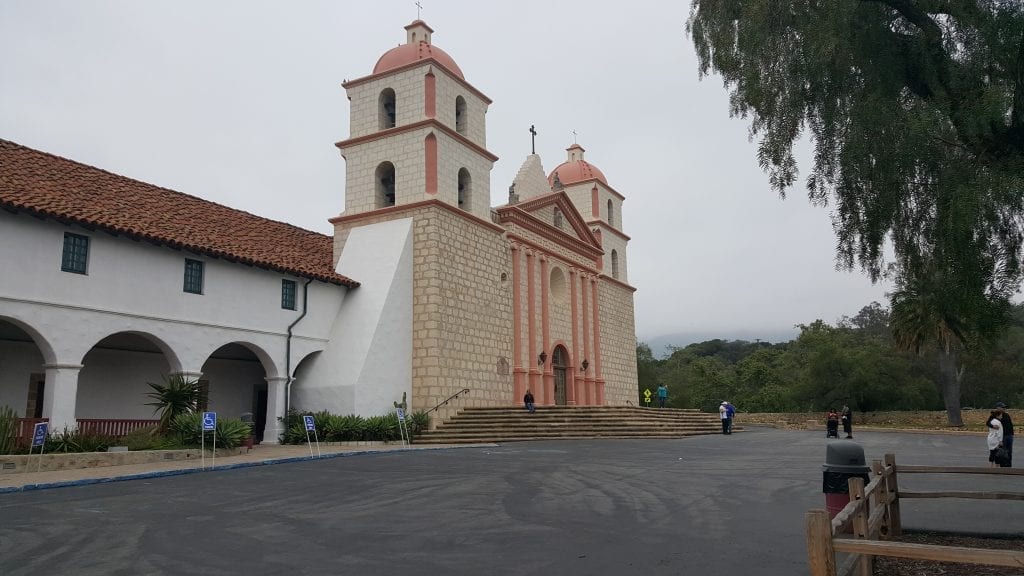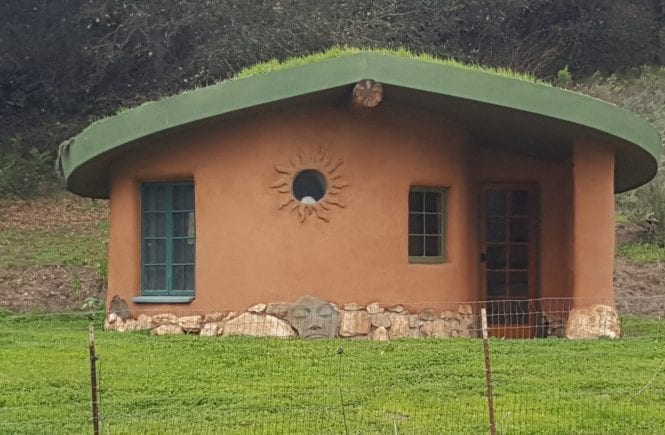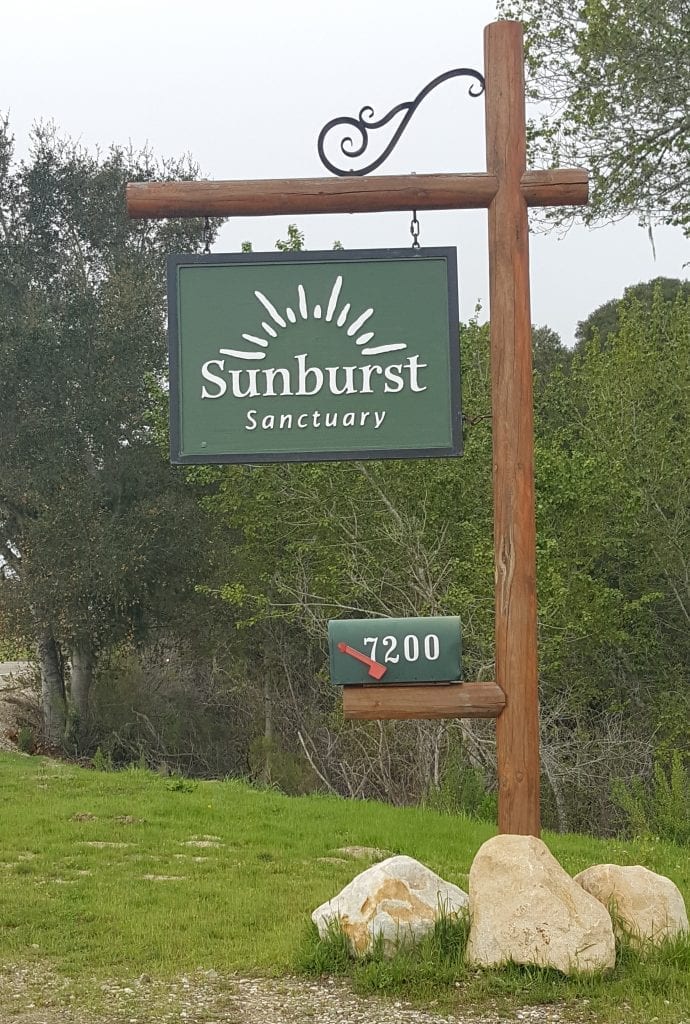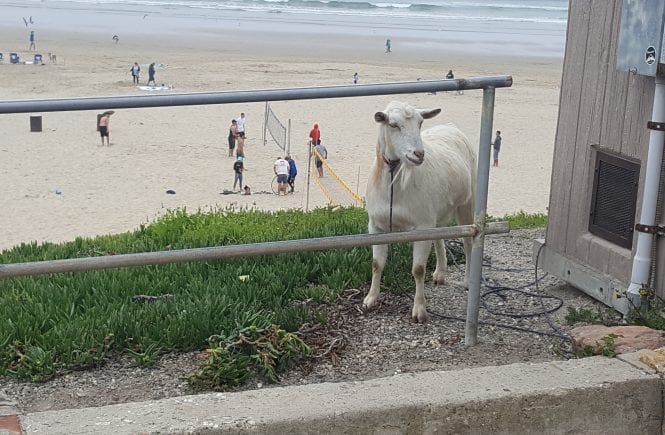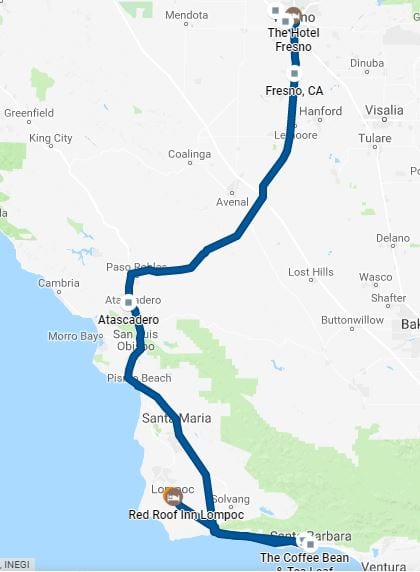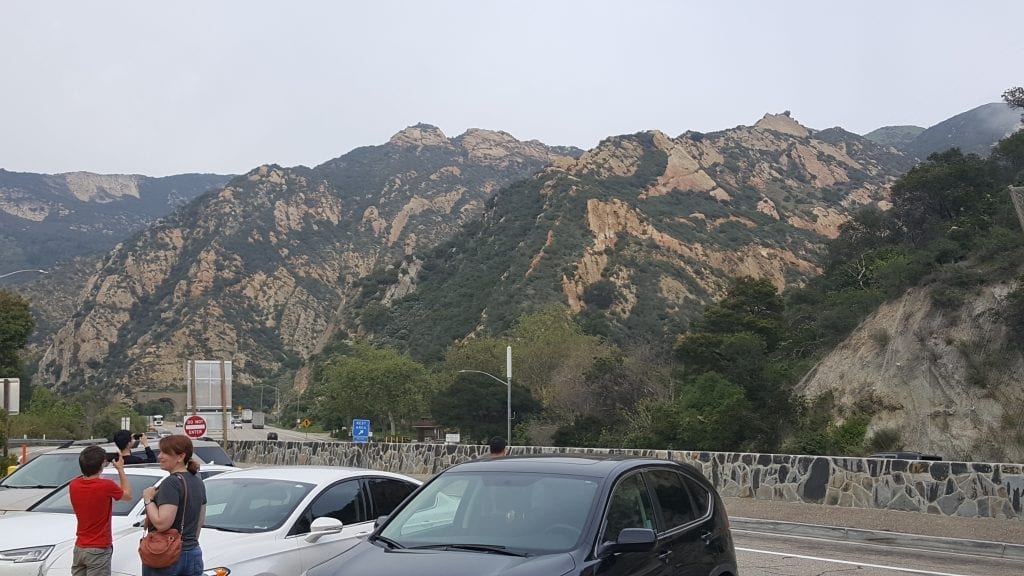Manzanita Village Cohousing & Sunset Drive – Summary:
- Who: Art Gorski
- What: Visited Manzanita Village Cohousing; Drove to Prescott to see the Ecosa Institute; Drove back to Mountain Shadow Resort
- When: Wednesday, April 4
- Where: Prescott, AZ; Scottsdale, AZ
Quick Resources:
- Manzanita Village Cohousing Webpage
- Manzanita Village Cohousing Facebook Page
- Ecosa Institute Webpage
- Ecosa Institute Facebook Page
My Route:
Planning my Eco-Inspired Road Trip Blog Post
My Travel Story:
My third and final scheduled stop after Arcosanti was Manzanita Village in Prescott, Arizona.
I met my host, Art Gorski, at the main parking lot, and we went down to the main lodge in the center of the housing complex.

